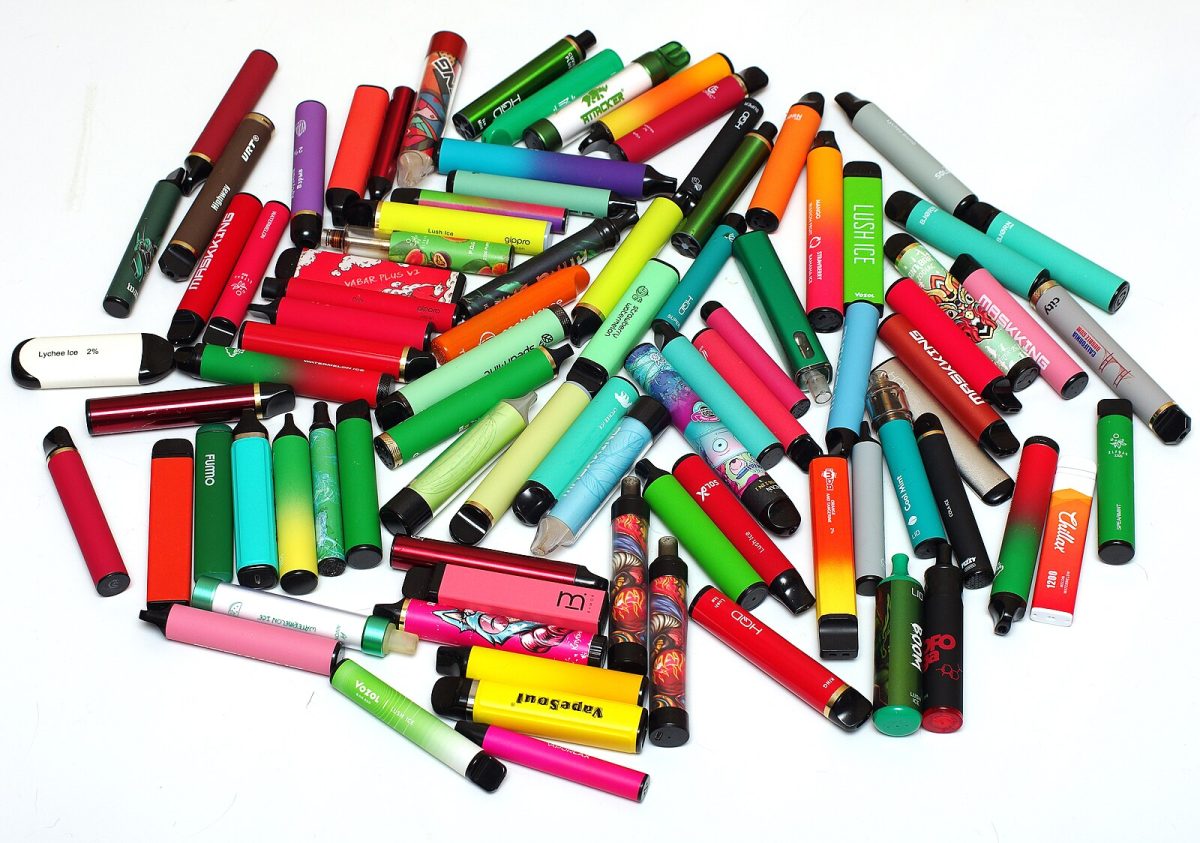Even as I write this, I’m yawning. My eyelids are drooping and they’re a little bit watery, and I know if I just closed them and put down my head, I’d be out like a light. But thanks to school work, extracurriculars and early morning tutorials, I’m perpetually tired.
I know I’m not alone. According to a 2006 study by the National Sleep Foundation, about 62 percent of high school students regularly start their days with insufficient amounts of sleep, and another 25 percent wake with what is considered “borderline” sleep, between eight and nine hours. The optimal amount of sleep for high school students is about 9.25 hours, but for me, at least, that goal never quite becomes a reality.
The night before I wrote this column, I stayed awake far later than I should have because I had two study guides, a Latin project, and a calculus problem set to complete. My alarm blared way too early, but I rose anyway and stumbled to the bathroom. I nearly shrieked with fear at the sight of the bleary-eyed monster looking back at me in the mirror.
How was my day? Take a guess. Yeah, it wasn’t too great. I spent most of Latin trying to wake up properly. I’m pretty sure I fell asleep in the middle of a history test, but maybe I just drifted off. I definitely fell asleep with my eyes open while trying to decipher derivatives and tangent lines in calculus, and because I wasn’t paying any attention to the lecture, I knew that I’d have to go home and study extra hard. I had a particularly difficult time in cross-country practice— it’s hard to focus on running and endurance when your eyes keep trying to shut.
When I got home, I wanted nothing more than to collapse in bed, but I had work to do.
I’m in the midst of a vicious cycle: I wake up too early and stay up too late. Because I’m used to this pattern, it’s difficult to break. Part of this routine is due to homework. Junior year has thrown me a curveball—I’ve probably done more work in the past six weeks than I did all of freshman year.
Electronics are another important factor. Computers and phones emit light that effectively tricks the brain into thinking it’s still daytime by delaying the release of a chemical called melatonin. This is why I feel like I could die from tiredness during the day, and only feel awake right when I should be hitting the sack.
The greatest enemy to my sleep, however, is psychological. What does another hour of sleep matter when I could be finishing some homework or doing something productive?
The answer: a lot. Sleep deprivation has consequences serious enough to keep anyone up at night. Besides a sluggish, grumpy day, it can lead to memory impairment, depression, high blood pressure, stunted growth and obesity. In more serious, prolonged cases, it can also cause stroke, heart failure, heart attack and diabetes.
As if these weren’t bad enough, a study published last year by the Journal of Sleep Research found that sleep-deprived teenagers are generally more prone to colds and other illnesses.
Sleep is especially important for adolescents, but unfortunately high school students tend to prioritize everything over their rest. Snoozing extra on the weekends doesn’t help matters at all. In fact, this binge sleeping can lead to more detrimental sleeping habits during the week. Sleep deprivation is such a sneaky self-destructive habit, and it can’t be justified with a thick stack of worksheets. Working at night generally isn’t very productive—it’s far easier to work with a full-night’s rest.
Here’s the bottom line: stop reading this article, put your head down, and take what is probably a much-needed nap.






